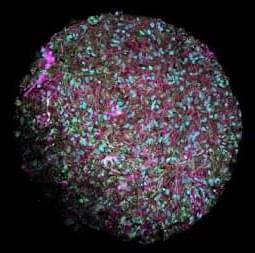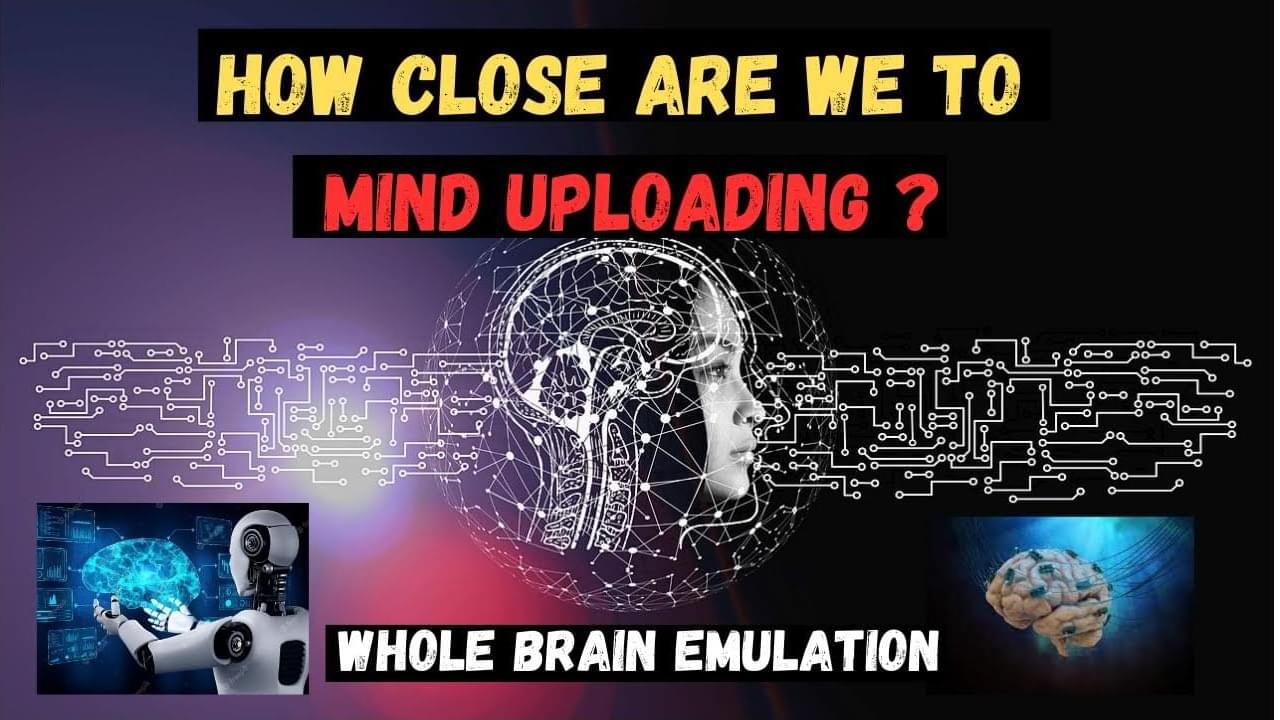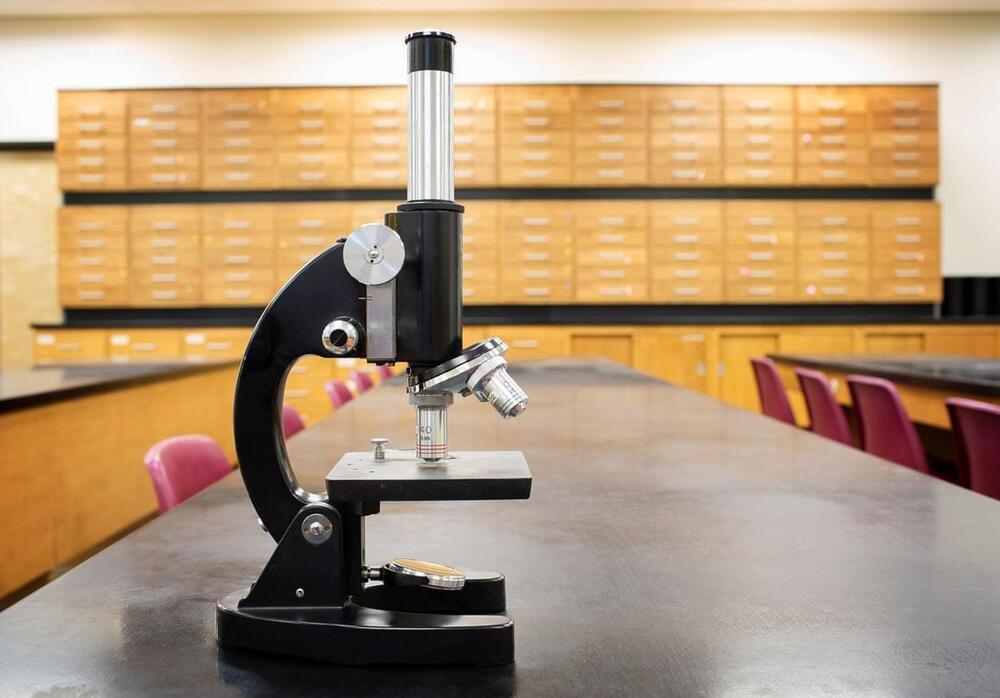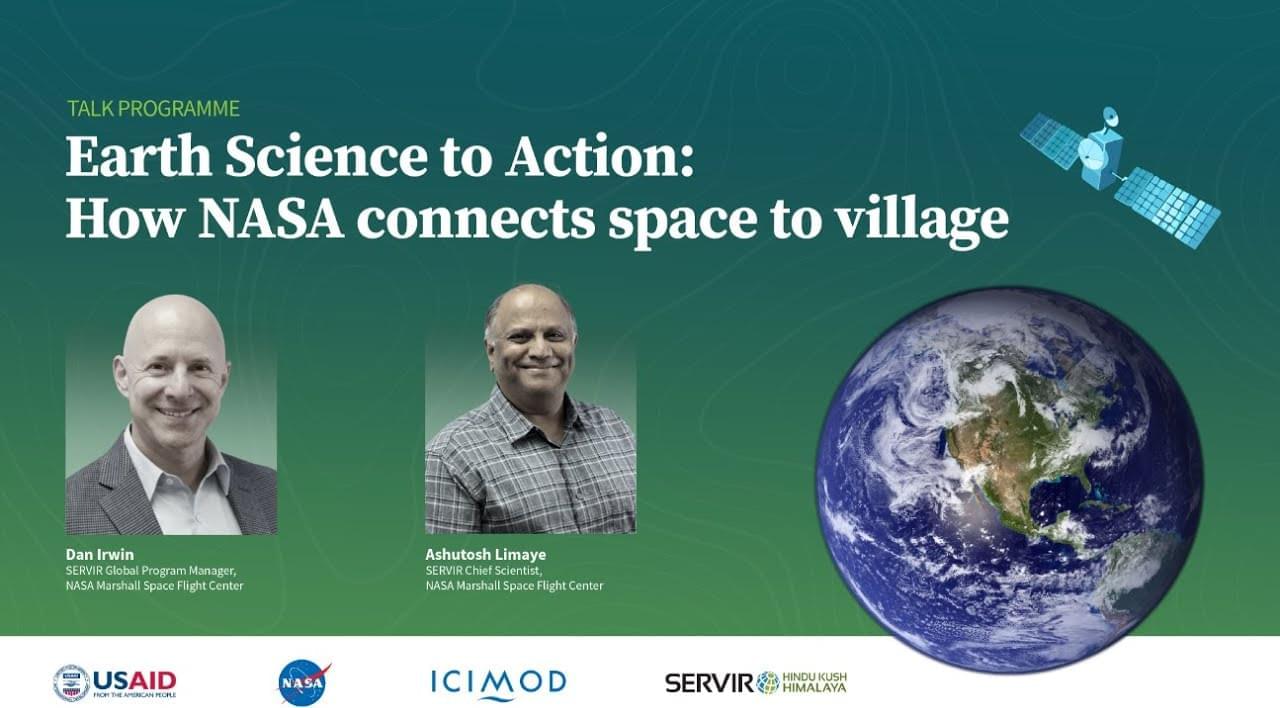Aug 26, 2024
Organoid intelligence: a new biocomputing frontier | Frontiers in Science
Posted by Dan Breeden in categories: biological, information science, robotics/AI, science
Organoid intelligence (OI) is an emerging scientific field aiming to create biocomputers where lab-grown brain organoids serve as ‘biological hardware’
In their article, published in Frontiers in Science, Smirnova et al., outline the multidisciplinary strategy needed to pursue this vision: from next-generation organoid and brain-computer interface technologies, to new machine-learning algorithms and big data infrastructures.
Continue reading “Organoid intelligence: a new biocomputing frontier | Frontiers in Science” »

















